The Sovereignty of God: Finding Rest Under His Reign
When Isaac Watts wrote The Sovereignty of God, he wasn’t offering a polite nod to a theological concept; he was bowing in awe before a throne that rules over all things. His words echo Job 23:13, “But he is unchangeable, and who can turn him back? What he desires, that he does”, and Paul’s reminder in Romans 9:15-18 that God has mercy and hardens according to His will. Watts calls all creation to “keep silence” before such majesty, and rightly so.
A Throne That Needs No Permission
Watts writes,
“Life, death, and hell, and worlds unknown,
Hang on his firm decree;
He sits on no precarious throne,
Nor borrows leave to be.”
Unlike earthly rulers, God’s authority is not shaky, dependent on public opinion, or up for reelection. He never has to “borrow leave to be”. His existence and His rule are self-sustained. Our days are not at the mercy of chance, nor are the movements of history rolling along unguided. The Almighty holds every outcome in His sovereign hands.
The Book No Creature Can Read
Watts’ imagery is deeply biblical. A “volume” chained to God’s throne contains the destinies of men and angels, drawn by His “eternal pen.” This calls to mind Psalm 139:16, “in your book were written, every one of them, the days that were formed for me, when as yet there was none of them.”
And yet, Watts reminds us, not even Gabriel pries into those pages. The point is clear: God’s ways are often hidden from us. His providence “unfolds the book” in real time, and each turn of the page fulfills “some deep design.” We live our lives in the unfolding of those wise and holy purposes, whether we perceive them or not.
Exalting Worms, Humbling Kings
God’s sovereignty does not simply operate on a cosmic scale. It shapes individual lives. “He exalts neglected worms to sceptres and a crown,” and humbles monarchs in a moment. This is the God who raises Joseph from a prison cell to Pharaoh’s right hand, and who sends Nebuchadnezzar to eat grass like an ox until he learns “that the Most High rules the kingdom of men and gives it to whom he will” (Daniel 4:32).
Resisting the Urge to Peek Ahead
One of the most pastoral lines in the hymn is this:
“My God, I would not long to see
My fate with curious eyes…”
In our impatience, we want to see the end of the story now. We want answers before their appointed time. But Scripture teaches us that trust is better than curiosity, and faith is better than foreknowledge. Watts models a humble submission: “In thy fair book of life and grace, O may I find my name… beneath my Lord the Lamb.” That’s the right longing; not for an advance copy of our circumstances, but for the assurance that we belong to Christ.
Resting Under the King’s Reign
At Radiant Hope, we often meet with people who feel like their lives are spinning out of control; overwhelmed by loss, uncertainty, or the chaos of the world. This hymn is a needed reminder: the God of the Bible does not merely react to events; He ordains them for His purposes. His sovereignty is not meant to make us passive, but to anchor our faith.
Our task is not to demand the “folded leaves” be opened, but to walk in trust, obeying what God has revealed, and waiting on Him for what He has kept hidden.
So when life feels unstable, remember: His throne is never in danger, His book is never out of date, and His purposes are never thwarted. The safest place in the universe is under the reign of the Sovereign Lord, with your name written in the Lamb’s book of life.







